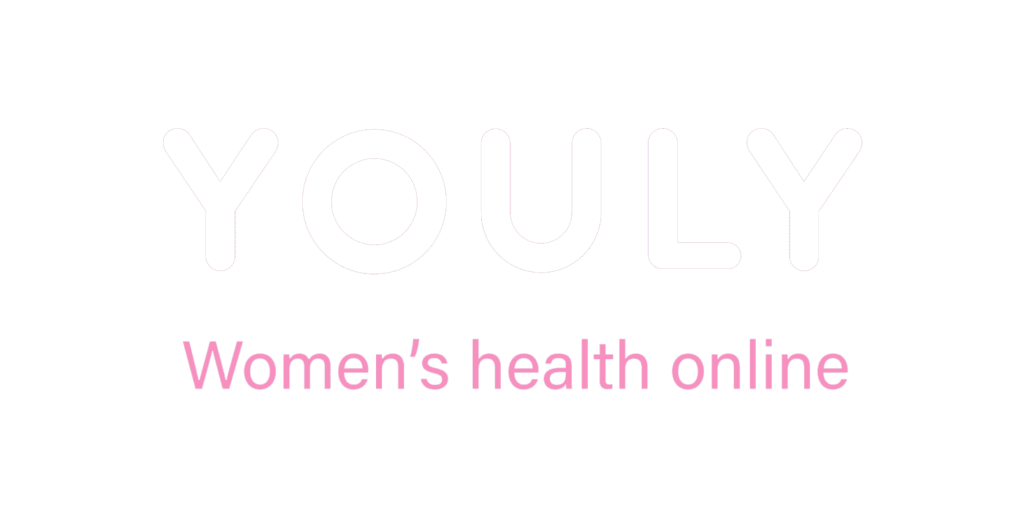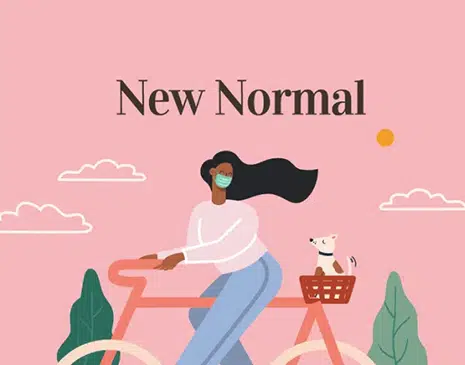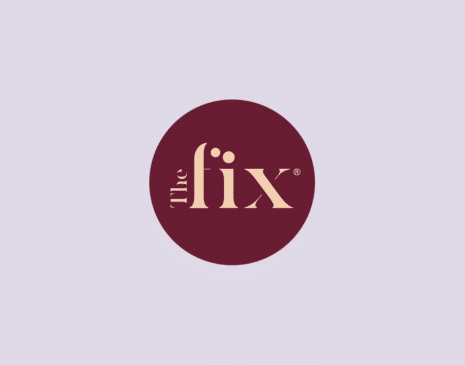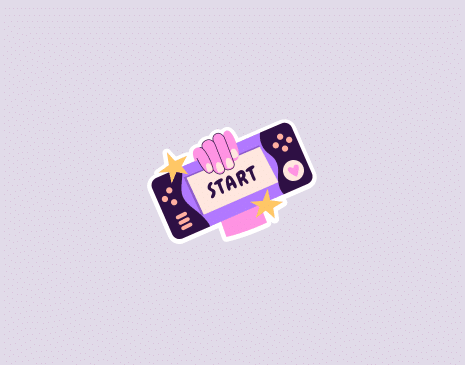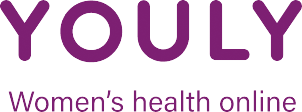Two whole years. That’s how long lives have been thrown into absolute disarray as a result of the Covid-19 pandemic. With the arrival of 2022, the promise of eased restrictions and glimpses of our new normal fly into sight. And while we’ve been waiting for these moments for two long, mask-wearing, public-avoiding, isolating years, we understand that you may be feeling a little anxious about life beyond the pandemic.
What is our new normal? How is this new normal going to look for you personally? And, what if you don’t like this new normal and you want the old normal back? To be the bearer of bad news, unfortunately our lives will never be the same as they were two years ago. As we send condolences to our pre-pandemic lives, it’s time to embrace the future and learn how to best manage anxiety as the world returns to its new normal.
What can you do to manage anxiety as the world returns to a new normal?
Maintain a good morning routine
Maintaining a good morning routine can help you feel grounded in an otherwise chaotic world. Plus, science says that practicing a good morning routine improves productivity, eases anxiety, lowers stress and helps you feel more in control. If you want to know how to create a good morning routine, don’t hit snooze, hydrate with a glass of water first thing, enjoy some morning sun, exercise, eat a nutritious breakfast and try to avoid social media.
Circadian rhythm
For those not in the know, circadian rhythm is science talk for your internal body clock. This body clock runs on a 24-hour schedule to align with the movements of the sun and moon. It’s basically your sleep-wake cycle. When the sun is up, you should feel alert and awake. When the sun disappears, you should wind down and sleep. To really maximise your circadian rhythm, maintain a rise and sleep routine, eliminate screen time two hours before bed, spend some time in the morning sun and take a melatonin supplement if you’re having trouble falling asleep due to anxiety.
Breathe
Three words; big belly breaths. Breathe in for three seconds, hold that breath for three seconds, and release it for three seconds, then repeat nine more times. Would you believe this simple practice of inhalation can provide the benefit of a calmer, more focused mind? That’s exactly the kind of mindset you’ll need to tackle post-pandemic changes.
Stay present
What happened in the past cannot be changed, and future events cannot be predicted. So, there’s no point in worrying about either. Worrying about past or future moments only brings on fear-based feelings of stress and anxiety. If you notice yourself drifting, pay attention and make a conscious effort to bring yourself back to the present moment. The present moment is the only place for change.
Meditate
Your external world is a direct reflection of your inner world. So, if you want to keep up with everchanging restrictions and their easing, pop a little slot in your day for meditation. Don’t know where to start? Search ‘meditation’ in your smartphone’s app shop and explore the best meditation app for your needs.
Exercise
Exercise is a proven method of anxiety relief. Whether you love to walk, run, swim, dance, or lift heavy weights, moving your body and working up a sweat is a sure-fire method to get the body’s endorphins flowing. The more endorphins you’re releasing, the better you’ll feel about still not being able to leave the country thanks to Covid-19.
Get to know your anxiety
By familiarising yourself with your anxiety, you take away its power. Learn the symptoms of anxiety that you frequently experience and what triggers your anxiety in certain situations.
Stay connected
Despite the pandemic’s effort to keep the world disconnected over the past two years, now is the time to focus on maintaining your connections with friends, family, and people in your community. If you cannot safely catch up in the flesh, check in via social method platforms and online community groups. The need for support has never been greater.
This guide is designed to be informative and educational. It is not intended to provide specific medical advice or replace advice from your medical practitioner.
